Innate Immunity
Innate immunity is the body's first line of defense. Development of immunity to any infection is dependent on the body first recognizing and then initiating the response. This initial detection and "first responder" function is the job of the innate immune system. There are dozens of cells, and thousands of genes involved in this process. Identifying and characterizing how they function is critical to our ability to understanding the immune response and disease resistance. Our group has identified several polymorphic innate immune genes. These different alleles appear to affect the level of expression and presumably the overall innate response to infection. Understanding how these genetic differences affect the overall immune response will help us build better vaccines and disease therapies tailored to an animals' genotype.
Related Publications
Wei X, Zhang L, Zhang R, Koci M, Si D, Ahmad B, Cheng J, Wang J, Aihemaiti M, Zhang M. A Novel Hybrid Peptide Attenuates Enterohemorrhagic Escherichia coli O157:H7-Induced Intestinal Inflammation by Improving the Gut Microflora Composition and Protecting Mucosal Barrier Function. Front. Immunol., 30 June 2020. https://doi.org/10.3389/fimmu.2020.01361
Zhang L, Wei X, Zhang R, Koci M, Si B, Ahmad B, Cheng J, Wang J. Development of a Highly Efficient Hybrid Peptide That Increases Immunomodulatory Activity Via the TLR4-Mediated Nuclear Factor-κB Signaling Pathway. Int J Mol Sci. Dec 2019 20(24), 6161; https://doi.org/10.3390/ijms20246161
J.E. Fulton, J. Arango, R.A. Ali, E.B. Bohorquez, A.R. Lund, C.M. Ashwell, P. Settar, N. P. O’Sullivan, and M.D. Koci. Genetic variation within the Mx gene of commercially selected chicken lines reveals multiple haplotypes, recombination and a protein under selection pressure. PLoS ONE. 9(9): e108054. doi:10.1371/journal.pone.0108054. 2014.
R. R. Meyerhoff, P. K. Nighot, R. A. Ali, A. T. Blikslager, and M. D. Koci. Characterization of turkey inducible nitric oxide synthase and identification of its expression in the intestinal epithelium following astrovirus infection. Comparative Immunology, Microbiology, and Infectious Diseases. 35:63-9, 2012.
M. D. Koci, L. A. Kelley, D. L. Larsen, and S. Schultz-Cherry. Astrovirus-Induced Synthesis of Nitric Oxide Contributes to Virus Control During Infection. Journal of Virology. 78:1564-1574, 2004.

